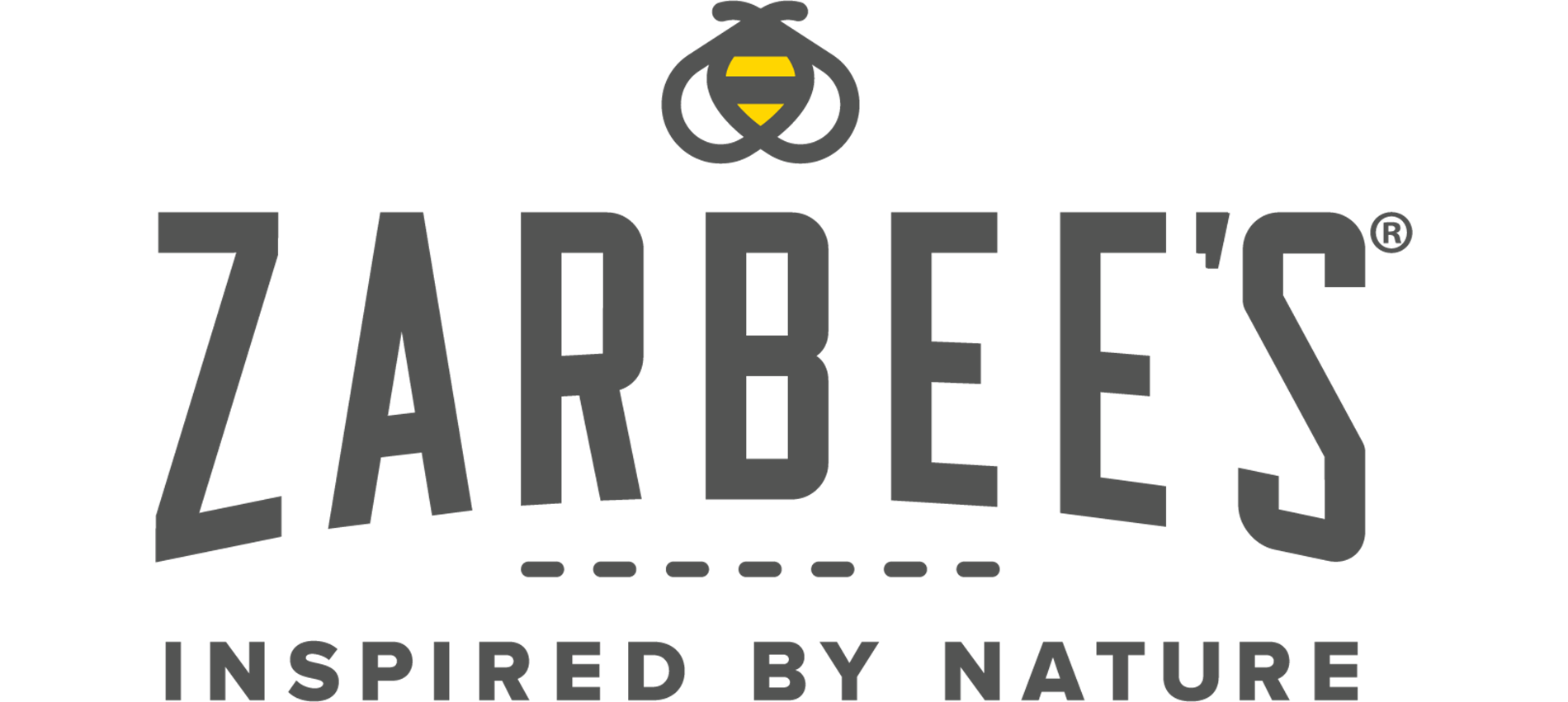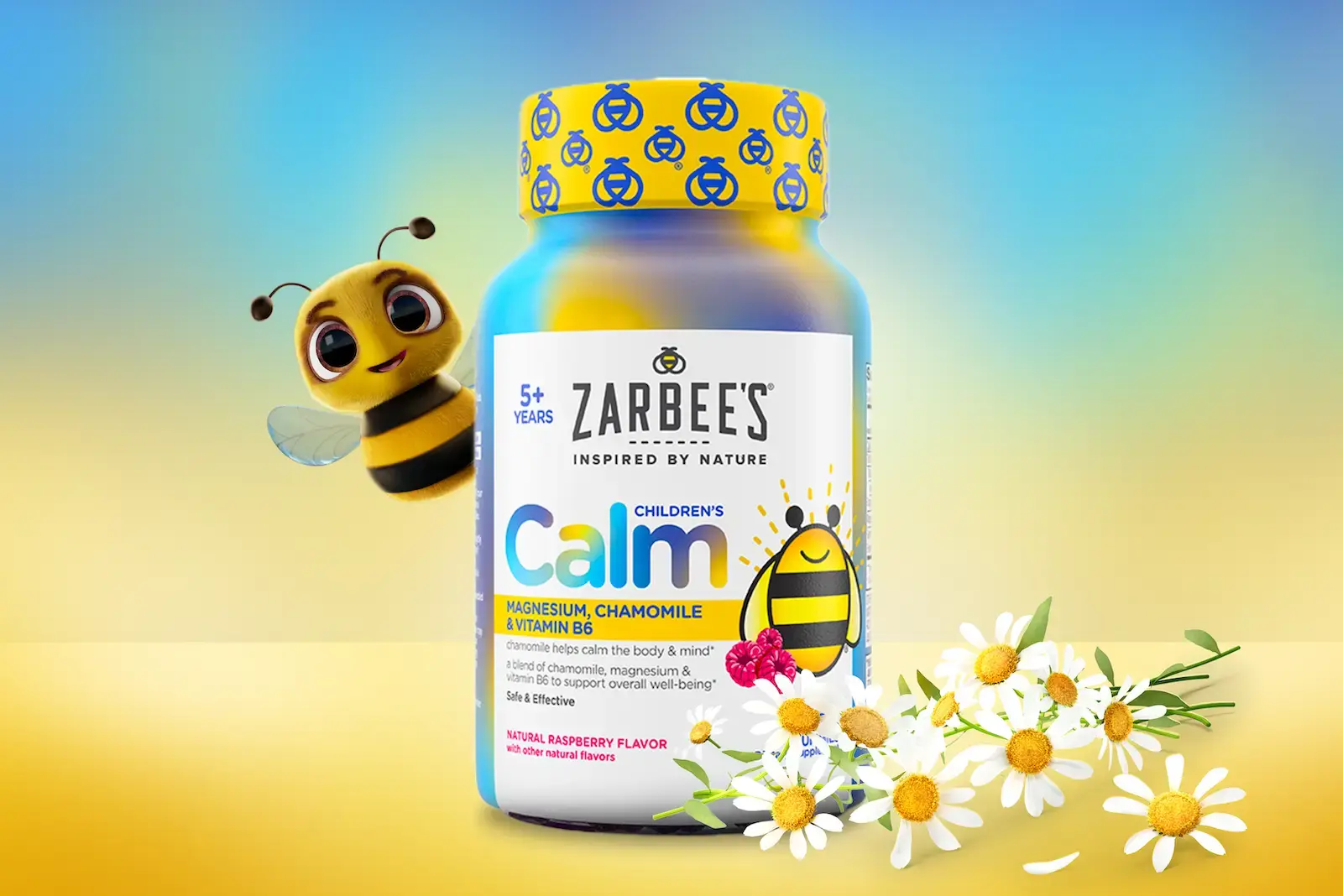As a busy-bee parent seeking natural, effective remedies for your little ones, you've likely encountered two main wellness categories: dietary supplements and homeopathic products. Finding the time to research their differences can be challenging, so we've done the legwork for you! Let's simplify things and highlight key differences to help you make informed choices for your family.
What is homeopathic medicine?
Homeopathic products originate from natural sources like plants, minerals, or animals and are extensively diluted, often to the point where the original substance is undetectable. This follows the "law of minimum dose,"1 suggesting that the lower the dose, the more effective the remedy.
Another core principle is "like cures like" — that a substance causing symptoms may help ease those same symptoms. However, there's limited evidence supporting homeopathy's effectiveness for specific conditions.
What are Dietary Supplements?
Dietary supplements aim to add further nutritional value to your diet, supporting healthy body function with scientifically backed ingredients like vitamin D or probiotics. Dietary supplements contain measurable amounts of nutritional ingredients.
Spotting the difference
The main distinctions lie in regulatory oversight and ingredient amounts.
As far as regulation goes, the FDA regulates dietary supplements under the Dietary Supplement Health and Education Act (DSHEA)2, ensuring they meet safety, manufacturing, and labeling rules, and allowing health claims with scientific proof.
Labeling differs, too. Dietary supplements must list all dietary ingredients and their amounts, whereas homeopathic products often use general terms without detailed component information. Many times, on homeopathic products you will see a disclaimer along the lines of “Based on traditional homeopathic practice, not accepted medical evidence.”
Discover pediatrician-recommended Zarbee's®
Our dietary supplements are inspired by nature and feature scientifically studied, functional ingredients like dark honey, agave, and elderberry. Sourced directly from nature, we include these ingredients in effective amounts to deliver promised benefits. Learn more about your 5-step safety assessment process
That’s part of why Zarbee's® is the number one pediatrician-recommended brand for cough, sleep, and immune support for children. Experts say to look for trusted brands when using a dietary supplement. Our products provide nature-inspired, effective wellness solutions that pediatricians and parents beelieve in!





